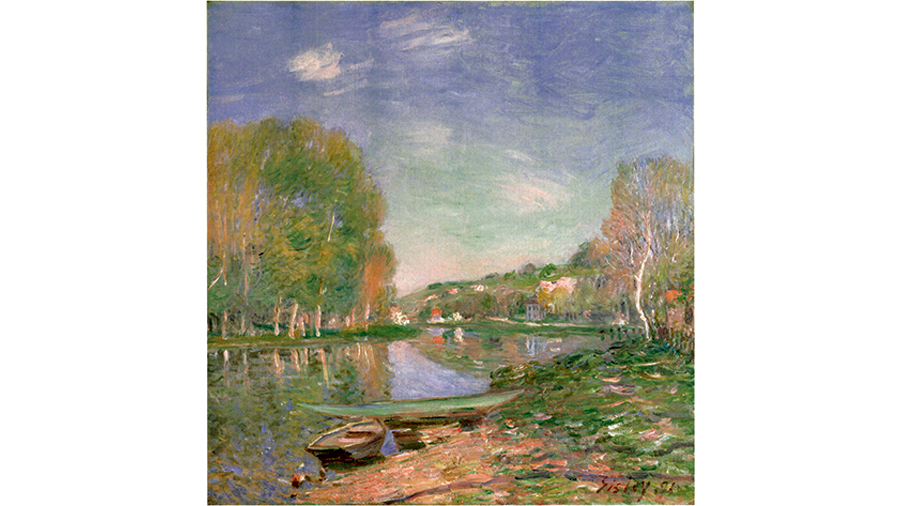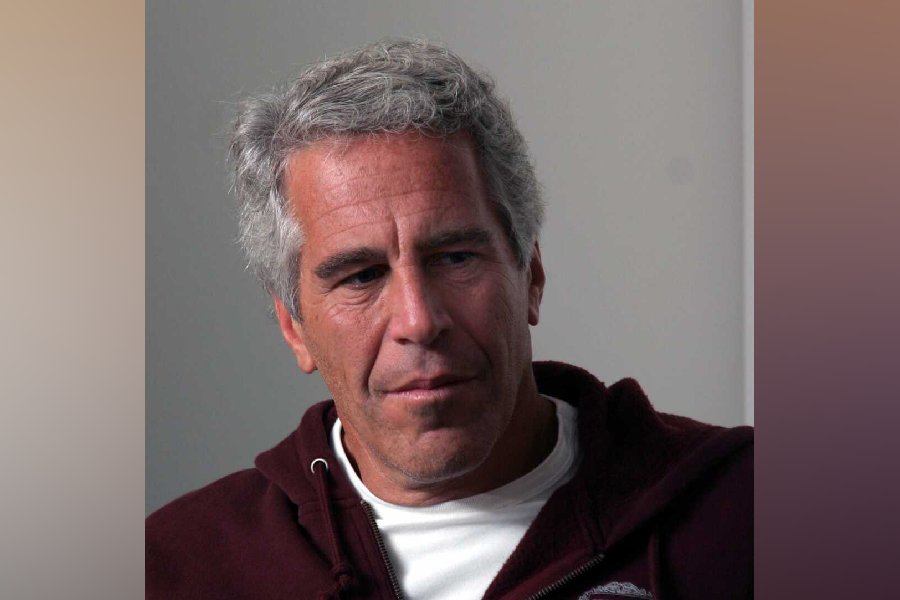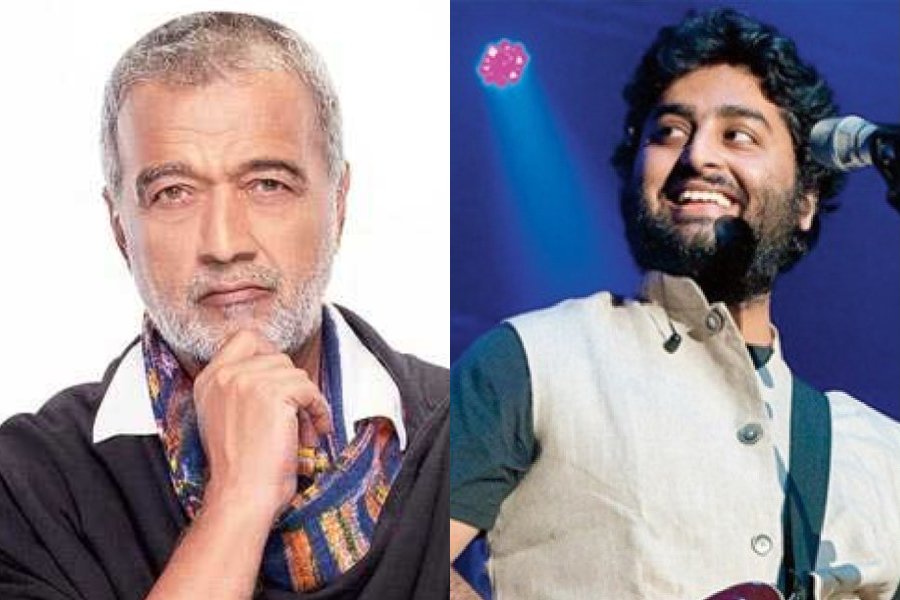Civilizations owe their genesis to rivers; it seems that literature does so too. The Epic of Gilgamesh, widely regarded as the oldest known work of fiction, traces the riverine misadventures of its hero, while the Vedas were composed next to the lost river, Saraswati.
Throughout history, at every turn, mankind has bestowed meaning and emotion on these meandering waters. Be it in scripture or mythology, rivers, for instance, have often been made to evoke fear. The Élivágar, or the eleven rivers that map out the ancient Nordic world, are, it is believed, rife with venomous serpents; the five rivers in the Greek Underworld connect the realms of the living and the dead.
The dread of the river’s wrath is not surprising — every culture has its version of a flood myth. Perhaps that is why, like most rivers in India, the Thames was worshipped in ancient Britain and the Seine in Roman Gaul. This idea of the river as a force of vengeance has seeped into modern literature too. Consider the temperamental Padma — known as Kirtinasha for its penchant for destruction — that irrevocably alters Raicharan’s life in Rabindranath Tagore’s “Khokababur Pratyabartan”; the rivers around Mississippi, in William Faulkner’s As I Lay Dying, stand between the Bundren family and their mission to give Addie her desired burial.
This is not to say that rivers are always adversarial. For Huck Finn and Jim, the Mississippi symbolized freedom from slavery, while in Hungry River, the Yangtze offers an escape route to Nils and Lizzie in strife-torn China.
Yet mankind has not been too gentle on rivers: for some, their ceaseless motion reflects their indifference. While the Cossacks’ song in And Quiet Flows the Don finds the river guilty of being a silent witness to their hardships — “...filled with fathers’ and mothers’ tears.../ Oh why dost thou, our quiet Don, so sludgy flow?” — Malathi Maithri’s poem accuses rivers around the world — the Seine in Paris in 1961, the Tamarabani in Tamil Nadu in 1999, and rivers near Nandikadal in Sri Lanka in 2009 — of being complicit in Statist violence, wiping out glaring instances of human depravity: they “move forward,/ just as governments do.”
But now the tide has turned. We are watching rivers die as we attempt to tame them, with industrial effluents and indiscriminate construction choking their arteries and those of the ecologies they sustain. Fiction, arguably, has also forsaken the river in its hour of crisis. In The Great Derangement, Amitav Ghosh wondered — not without reason — whether literature, much like politics, has prevented collective environmental interventions.
Yet all may not be lost. Occasions such as River’s Day — it was observed last Sunday — remind us that there is still time to build a bridge with the thinning waters. The river must be rediscovered in the light of compassion. Adwaita Malla-Barman’s Titas Ekti Nadir Naam or Bibhutibhushan Bandyopadhyay’s Ichhamati — which explore the organic bond between river and man — could serve as beacons of this regeneration.










